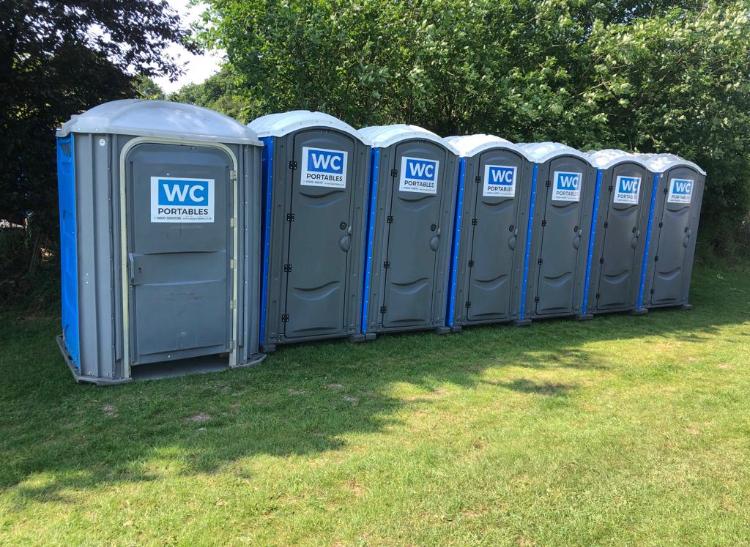Portable toilets can be easily spotted at construction sites, festival venues, or significant sporting events like marathons. The number of these units you see on display is usually down to the number of users expected to use these facilities and the duration of the event or construction projects. These mobile restrooms are also needed when there is an absence or a limited number of standard toilets.
Environmental friendliness and sustainable practices are becoming increasingly important in today’s age. Regarding friendliness towards the environment, the 3 R’s (Reduce, reuse, and recycle) feature. In this case, we are looking at the impact of portable toilets on freshwater.
The sustainability of portable toilets and the preservation of freshwater
Water and sanitation are one of the six sustainability goals, and toilet facilities can contribute positively or negatively to this objective.
Portable toilets and the preservation of freshwater
The existence of humans, plants, and animals will be negatively affected if there is a lack or shortage of water. Did you know that water covers about 71% of the earth’s surface? That’s quite an incredible amount, and 97% of the earth’s water is in the oceans. Much of the ocean’s water is unsuitable for drinking and growing crops due to its significant salt content. Remarkably, only 3% of the earth’s water is fresh, considered acceptable for drinking and other domestic use.
Did you also know that portable toilets save the world about 125 million gallons of fresh water daily? With the average person drinking 1/2 a gallon of fresh water daily, using portable toilets makes sufficient water available for approximately 250 million people. That’s just shy of the entire population of Indonesia (277,534,122) or slightly more than the total human count of Pakistan (240,485,658).
Freshwater is constantly being wasted in many households, and it is reported that the average family can waste 180 gallons per week, amounting to about 9.400 gallons of water annually. To paint a clear picture, this amount of water can thoroughly wash up to 300 sets of laundry. With the average family running around 8-10 loads of laundry a week, that wasted water could serve 30 weeks of laundry.
Household leaks are one significant contributor to wasted freshwater, and that can lead to about 900 billion of issued freshwater annually. There are other causes of wasted water, such as long showers. Washing dishes with running water, a handful of laundry loads, and overwatering your lawn, conventional toilets, and showerheads. Excessive bathroom flushing could lead to the waste of about 300 gallons of fresh water per day. A behavioral change can help save more freshwater for people worldwide. Using portable toilets can save the world about 45 billion gallons of fresh water a year. Invariably, using portable toilets helps conserve water due to the absence of a plumbing system. That’s a lot of water that can be saved when these facilities are used more across events venues and construction sites, sporting fields, and other physical locations with limited or lack of access to a standard and fixed restroom.




